Design Research Workshop.
[Skunk-Works #2]
Design Research Workshop delivered in collaboration with the Message and Design Knowledge Research Groups.
Automatik:
Date: Monday 17 December 2018
Time: 10:00-16:00
Location: Design Lab, 2nd floor Roland Levinsky Building.
As with the previous Skunk-Works, this workshop will explore key aspects of the UK’s Industrial Strategy as framework for individual/group research activities within the Design Area. The workshop will focus on a practical engagement with the new Automation Call for the South West Creative Technology Network: https://swctn.org.uk/.
Automation is changing the way we live. It is increasingly important within the creative industries as well as manufacturing, retail, financial services, and healthcare, to name just a few sectors. Automation could be seen as the ‘quiet’ revolution – working in the background to assist in creative processes, gradually transforming agriculture through robotics, or re-imagining how we search the internet.
The aim of this workshop is to:
- enlighten participants to contemporary issues and practicalities of Automation.
- provide a brief but accessible hands-on experience of AI and Robotic systems
- enable insights to how these processes can inform individual research practices
- discuss issues around Intellectual Property within collaborative academic/industrial research
- provide a platform for discussion around academic/industrial knowledge exchange
- provide first-hand accounts of the SWCTN fellowship experience.
To do this we have two short practical workshops from B Aga (Conversational AI) and Swen Gaudl (Robotics), staff from Research & Innovation supporting the SWCTN and Knowledge Exchange and two presentations by fellows from the Immersion cohort of the SWCTN.
The workshop is aimed at academic researchers, but ‘New Talent’ and Industrial partition is very welcome.
10:00: Introduction: {Pete Davis/Mike Phillips/Vicky Squire}
10:15-11:45: Things that Talk: Conversational Artificial Intelligence: {B Aga}
This workshop explores how ‘things that talk’ (conversational AI system such as Siri, Google Home, Alexa etc.) can offer a number of practical and theoretical contributions to research, and simultaneously reveal new possibilities in cultural expression and design. It will offer a quick introduction to the field, highlighting relevant cultural and commercial developments, followed by a short hands-on workshop applying a speculative design framework to create a collaborative ‘thing that talks’ through using https://dialogflow.com/.
Please note: Bring a laptop. If you wish to take part in the workshop, please email baga@plymouth.ac.uk with your Gmail address so you can be invited to set up a collaborative Dialogflow account.
(A Goggle account is required to set up a Dialogflow account, but If you do not have (or choose not to have) a Google account you may still participate in the workshop).









11:45-12:00: Coffee
12:00-13:30: Things that Walk: Robotics Workshop: {Swen Gaudl}
Automating manual labour in factories are what comes to mind when thinking about robotics. However, robots are capable of much more; they can provide a framework for creating highly interactive performances as well as augment human capabilities in terms of precision or repetition. This workshop provides an introduction to the domain through the experimentation and creation of physical robotic entities from a non-engineering perspective.
The workshop will first give a brief overview of existing technology that can be used to develop embodied expressive systems on a budget. Next, participants will be able to experiment with the Lego NXT robotic teaching toolkit to build moving and sensing embodied entities. While engaging with their own robot, the workshop participants will also be able to get to know a currently available commercial robotic platform, Softbank’s Pepper robot.

Workshop
For the workshop, it is recommended to bring a laptop along. The software used during the workshop is free but requires installation. However, the workshop will be done in small groups. Thus, not all participants are required to bring a laptop.
Downloads:
Mac OSX usb driver: https://www.lego.com/r/www/r/mindstorms/-/media/franchises/mindstorms%202014/downloads/firmware%20and%20software/nxt%20software/nxt%20fantom%20drivers%20v120.zip?l.r2=-964392510
and the editor software: https://www.lego.com/en-gb/mindstorms/downloads/nxt-software-download














13:30-14:30 Working Lunch with conversations about:
- Intellectual Property: {Rupert Lorraine}
- Business Engagement and Knowledge Exchange: {Tom Edie}
- Automation Call Proposals: {Mike Phillips}
14:30-15:00: Current SWCTN Immersion Fellows Presentation #1. {Jane Grant}

15:00-15:30: Current SWCTN Immersion Fellows Presentation #2. {Aste Amundsen}

15:30-16:00: Breakout discussion/End
To book a place please contact: Alison Valerio <alison.valerio@plymouth.ac.uk>
and Mike Phillips for any questions: <mike.phillips@plymouth.ac.uk>
CALL FOR AUTOMATION FELLOWS:
The South West Creative Technology Network are recruiting for 24 Automation Fellows. This is a flexible, part-time paid opportunity for people from industry, academia, as well as those in the early stages of their careers who want to think deeply about the potential, challenges and opportunities in the realm of Automation. This is a unique and exciting opportunity to step back from commercial, academic or career pressures, and focus on new and innovative areas of research, exploration and collaboration.
Fellowships run for twelve months from April 2019 through to April 2020, with most time commitment required in the first three months (April to June 2019). Each Fellow will receive a £15k bursary to support time and research costs.
Automation is changing the way we live; it is increasingly important within the Creative Industries as well as manufacturing, retail, financial services, healthcare and many other industries. Automation could be seen as the ‘quiet’ revolution – working in the background to assist in creative processes, or gradually transforming agriculture through robotics, or re-imagining how we search the internet. We are looking for people to explore the frontiers of automation technology and its applications. We are excited about innovative uses of technologies that engage users in hybrid experiences that are ethical, promote wellbeing, connect us to one another and create value (this could be money, enjoyment, understanding, or something else you think the world needs more of). SWCTN is rooted in the creative industries but aims to make connections into other sectors. We want to generate shared knowledge, boost creative thinking and expertise, and create new commercial products and services that no one has thought to make before.

Full briefing for the Automation Call (link to pdf)
FAQs for industry and academic fellows (link to Google doc)
FAQs for new talent fellows (link to Google doc)
Get in touch with Charlie Tapp, Producer at Kaleider (charlie@kaleider.com) if you have any questions or want to talk to us over the phone or on Skype.
We aim to be as inclusive as possible and work to accommodate all access requirements. We will openly discuss and tailor how we do things to support you as best we can.
We welcome applications from BAME, LGBTQI, Deaf and disabled practitioners.
- Deadline for applications: 9am, 31 January 2019
- Every applicant will hear from us by 22 February 2019
- Interviews will be held on the 4 & 5 March
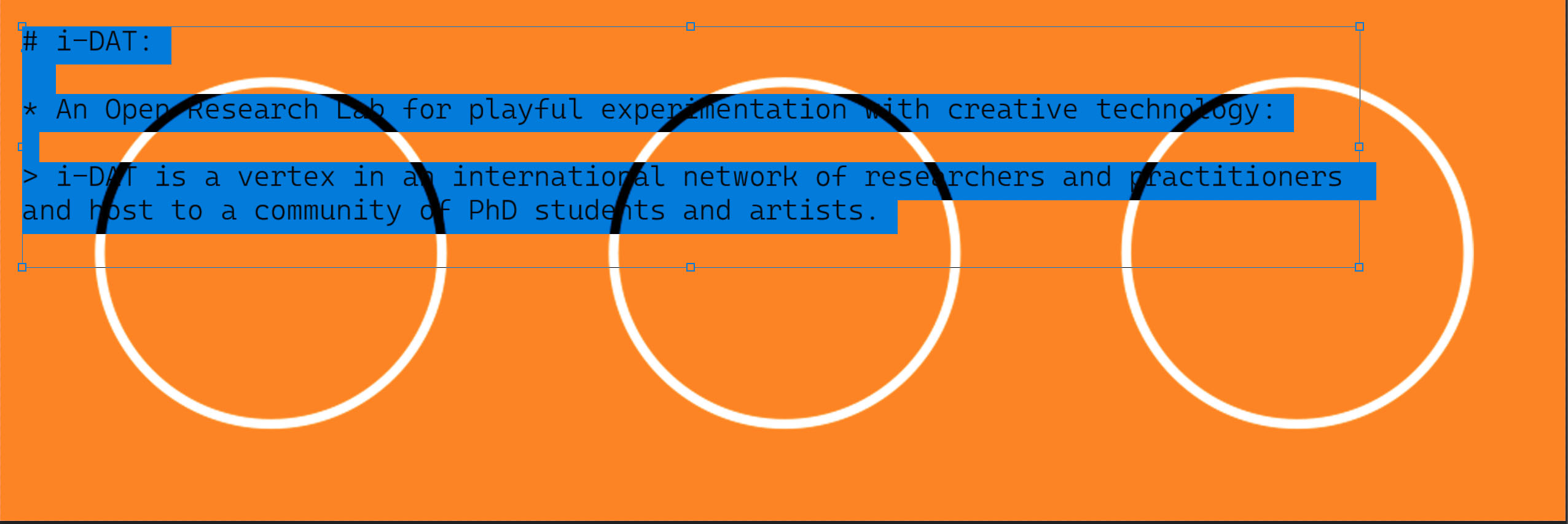
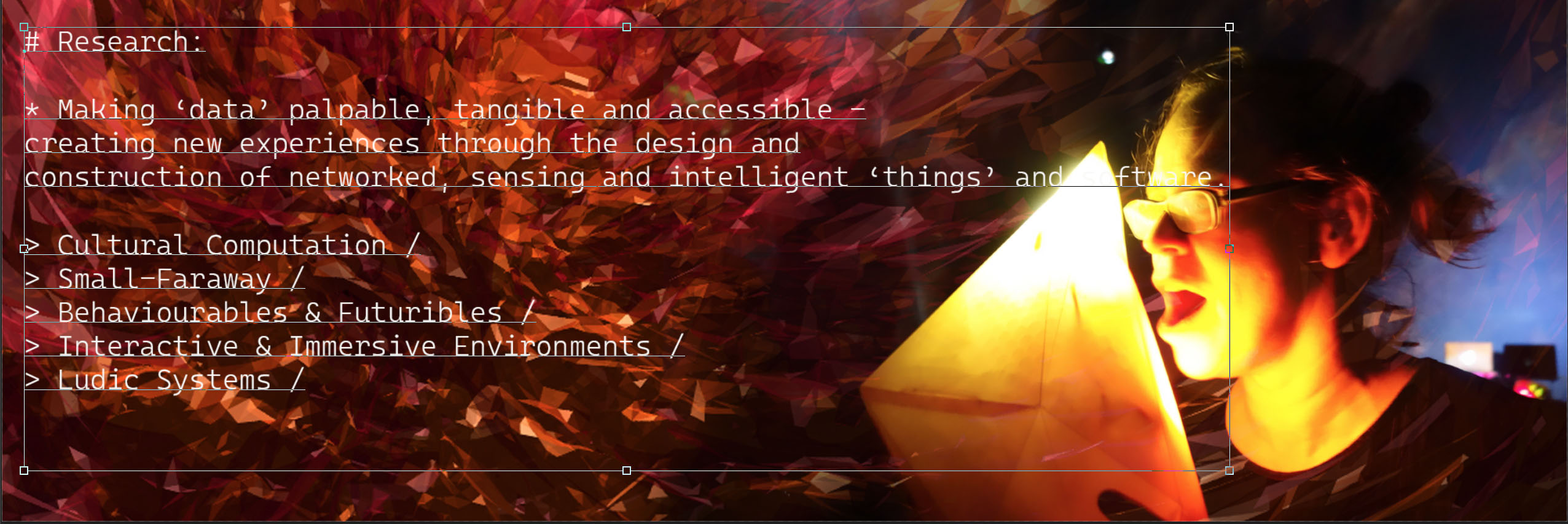
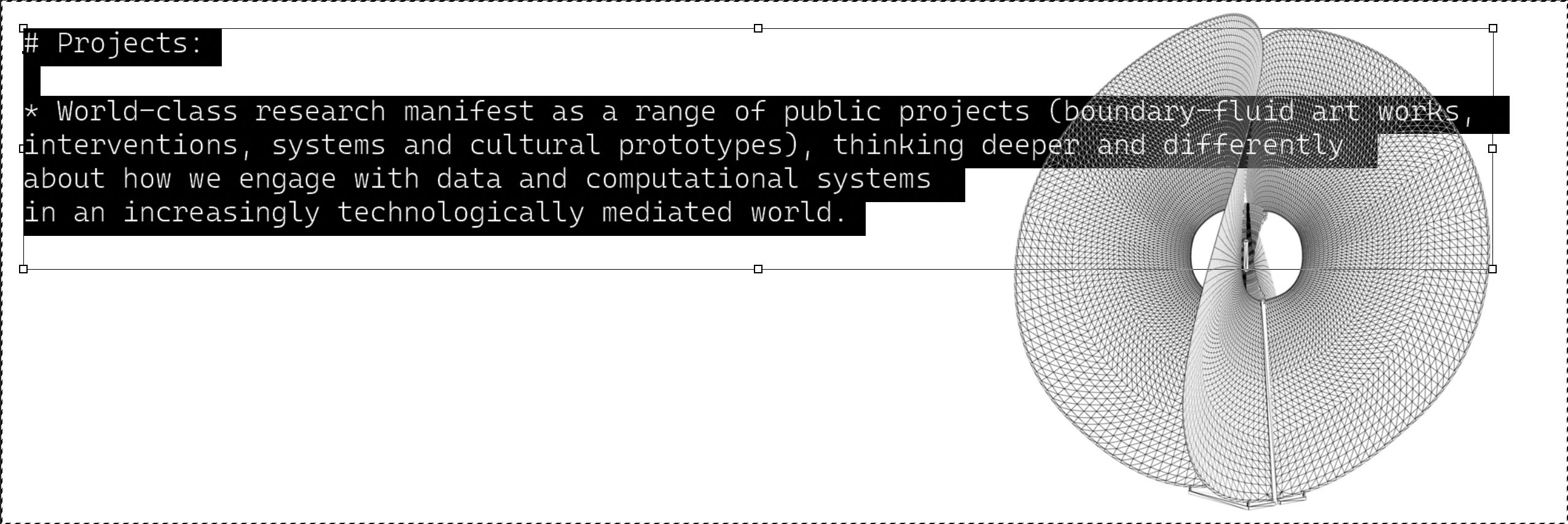
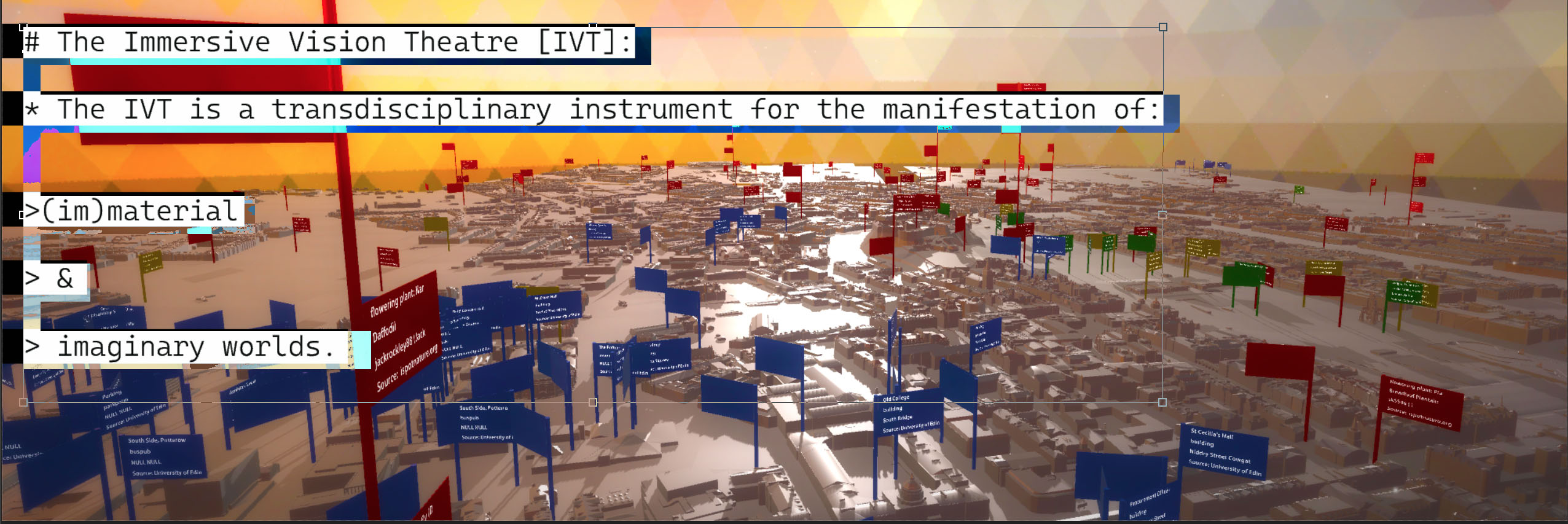
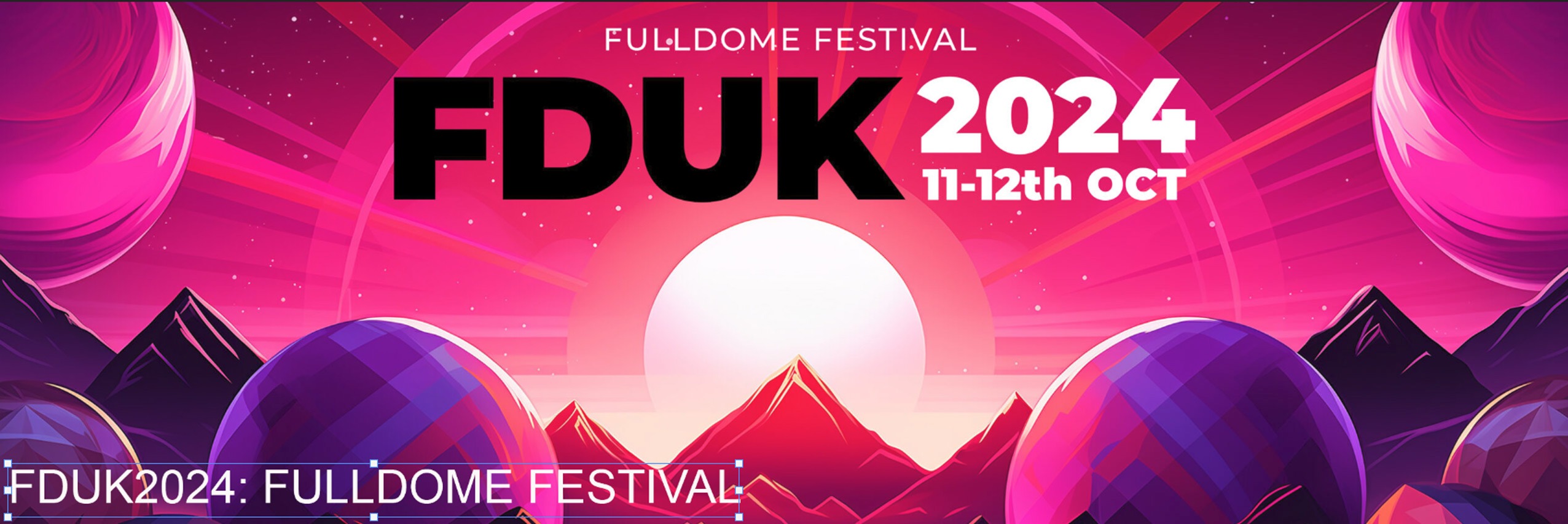
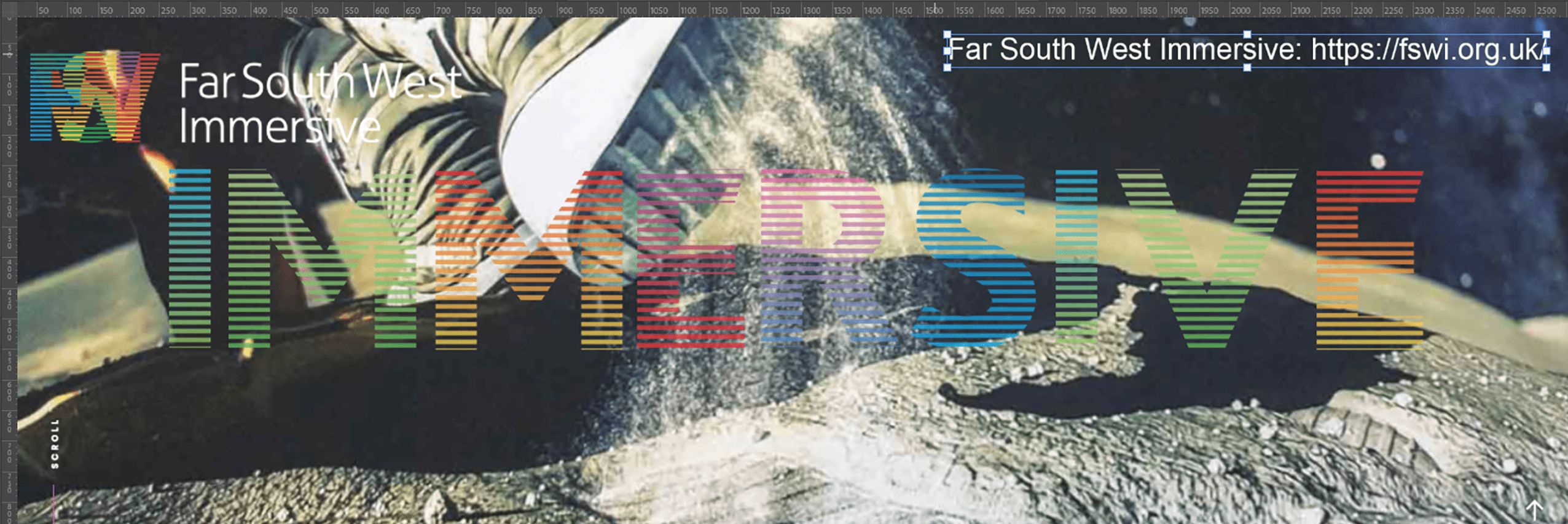

You must be logged in to post a comment.